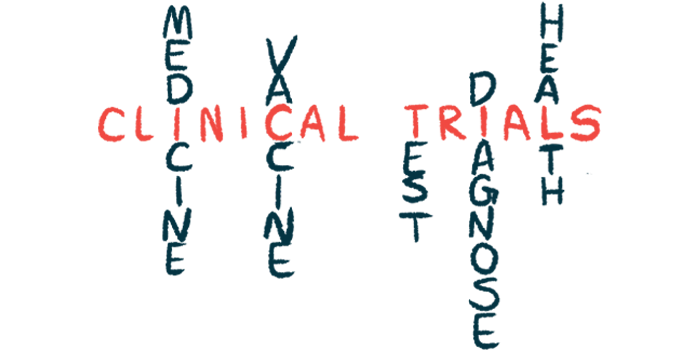Aduhelm Developers Step Up Phase 4 Confirmatory Study
Written by |

Biogen and Eisai are stepping up their Phase 4 post-marketing confirmatory study to verify that Aduhelm (aducanumab) is meeting the expected clinical benefit in patients with early-stage Alzheimer’s disease.
The companies plan to submit the study’s final protocol for review to the U.S. Food and Drug Administration (FDA) in March. The study will be aiming to enroll more than 1,300 patients globally with early-stage Alzheimer’s, starting in May.
Based on enrollment rates from previous Aduhelm’s Phase 3 clinical trials, the study is expected to be completed about four years after it begins. The primary clinical endpoint will be set at 18 months (1.5 years) after treatment initiation, and a long-term extension of the study will collect data for up to 48 months (four years).
“We are delivering on our commitment to accelerate the timelines with the goal to complete the confirmatory study well ahead of schedule,” Priya Singhal, MD, said in a press release. Singhal is head of global safety and regulatory sciences and interim head of research and development at Biogen. “We aim to provide data from real-world practice and clinical trials to further inform patient and physician decisions about treatment,” Singhal added.
Aduhelm is an antibody designed to remove toxic clumps of the protein beta-amyloid, which are thought to drive the death of nerve cells (neurons) in the brains of people with Alzheimer’s.
In June, the FDA granted accelerated approval for Aduhelm 100 milligrams/milliliters solution for into-the-vein (intravenous) injection based on data from clinical trials showing that the antibody reduced amyloid-beta accumulation in the brain, which was “reasonably likely to result in clinical benefit.” Initially approved for all patients with Alzheimer’s, the therapy is currently approved for use in those with early-stage Alzheimer’s.
Under accelerated approval, the FDA has given Biogen nine years to market Aduhelm before completing a post-marketing study that confirms it has clinical benefit. If data from these trials fail to verify benefit, Aduhelm could be removed from the market.
If successful, the companies will beat the FDA deadline by about four years, with the final report being submitted in 2026 instead of 2030.
“This is tremendous news for Alzheimer’s patients and their families,” said George Vradenburg, chair and co-founder of UsAgainstAlzheimer’s, in a press release from the patient advocacy group, which called on the companies to speed up the process. “Biogen clearly understands that Alzheimer’s patients don’t have time to wait. Ramping up trials and finishing the work in five years instead of nine is a clear indication that Biogen is listening to patients and taking action.”
“I am very encouraged by this update,” said Marwan Sabbagh, MD, a neurologist in the Alzheimer’s and Memory Disorders Program at Barrow Neurological Institute in Phoenix. “This is a significant commitment from the companies. It takes time to execute a complex, global trial of this nature, so I am pleased to see the high level of priority being afforded to this study.”






